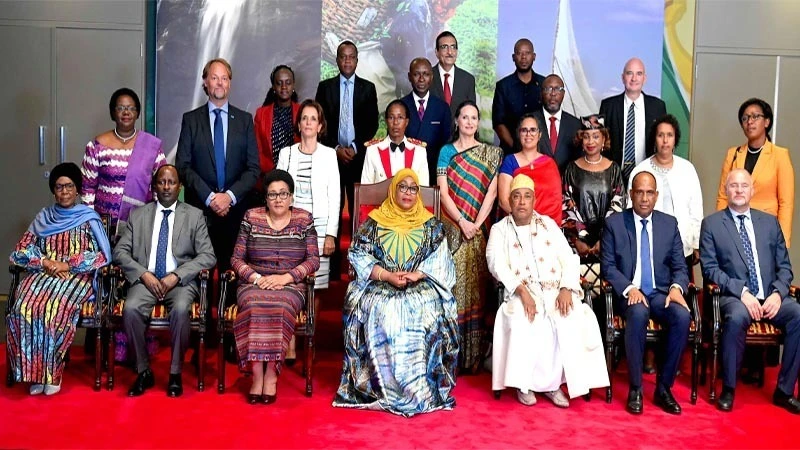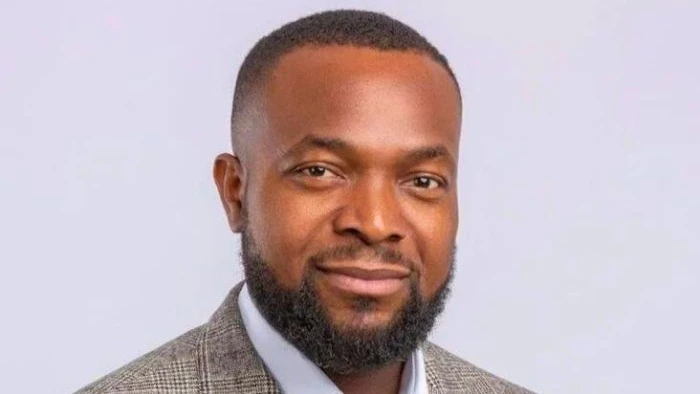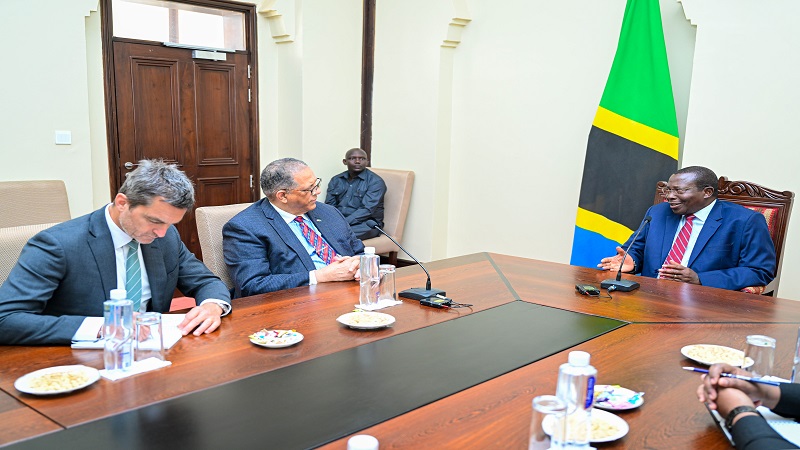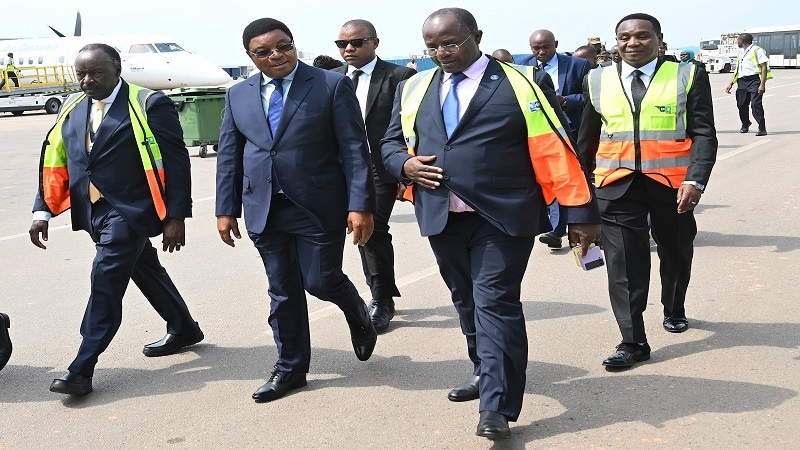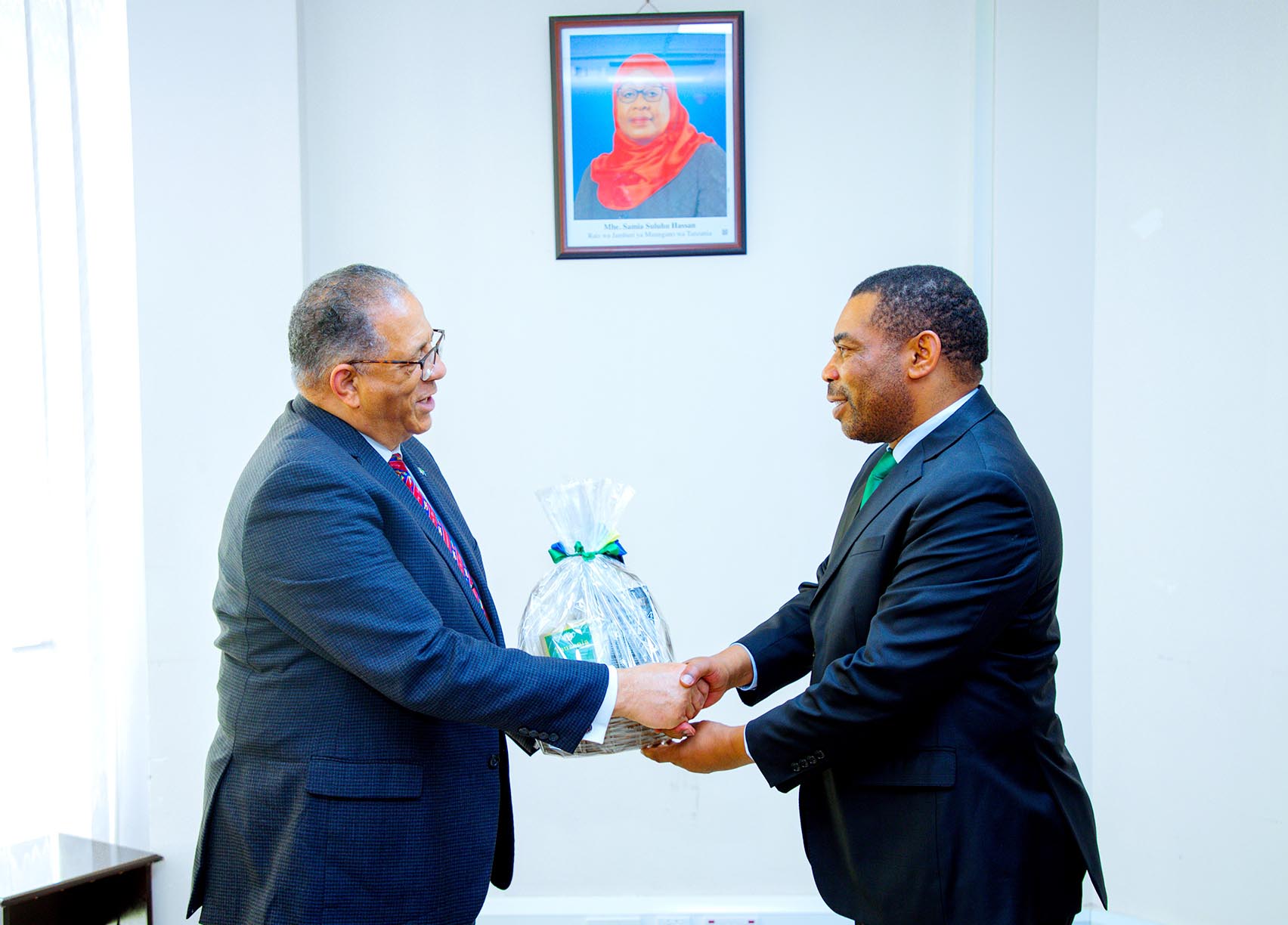Healthcare equity, women’s health spotlighted at ministers’ conference
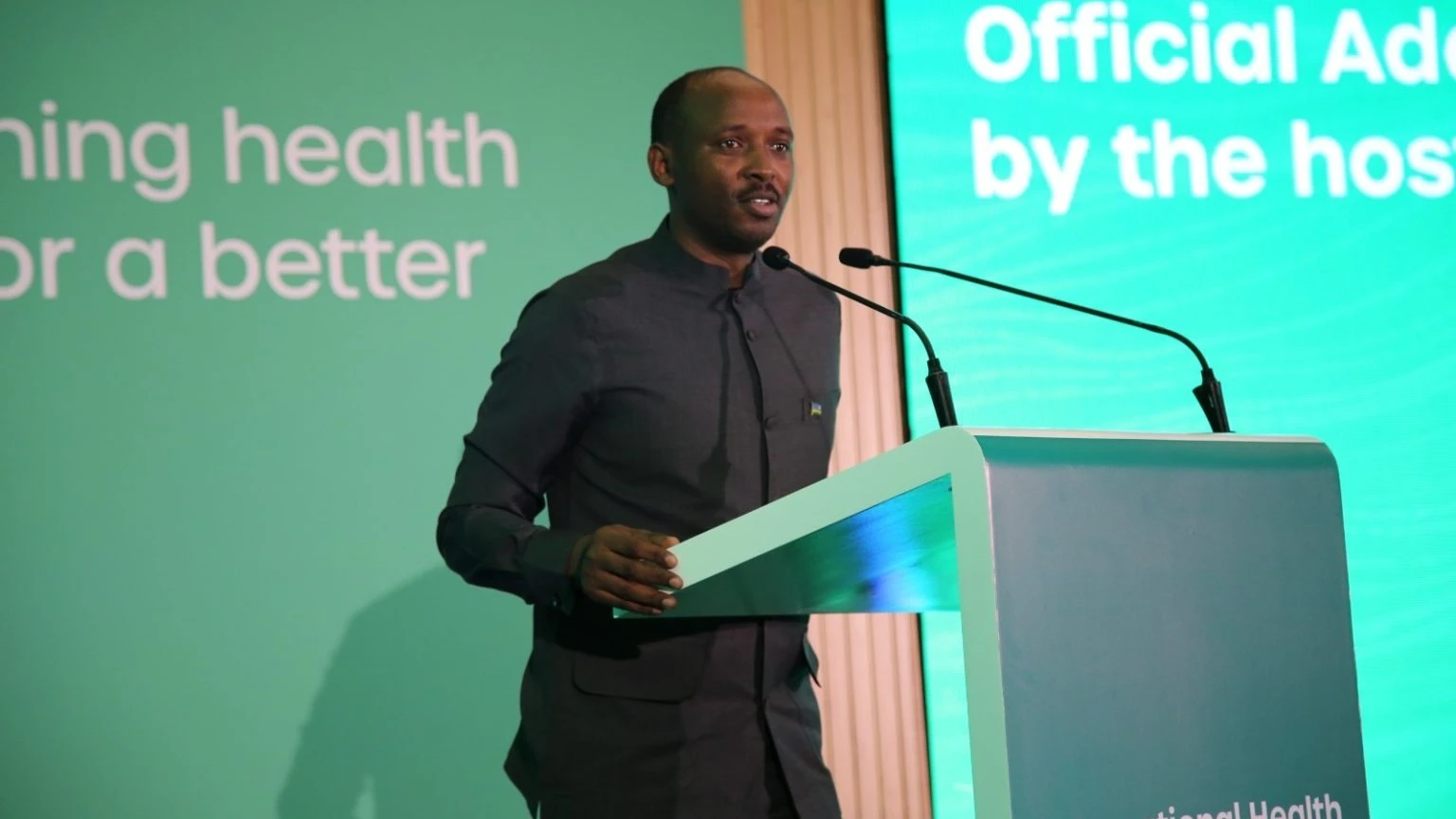
THE International Health Ministerial Summit held in Kigali, Rwanda last week spotlighted critical issues surrounding health equity and women’s health as central themes in the global healthcare agenda.
With a distinguished gathering of governmental officials, healthcare leaders, and corporate figures, the summit focused on addressing the urgent need for collaborative solutions to healthcare challenges.
Under the theme Strengthening Health Systems for a Better Tomorrow, discussions revolved around improving access to healthcare, driving innovation, and ensuring equitable healthcare systems worldwide.
Dr. Sabin Nsanzimana, Rwanda’s Minister of Health, opened the summit by emphasising that investing in health is not just essential but a fundamental human right. He highlighted Rwanda’s 4x4 Reform, a strategy designed to quadruple the number of healthcare workers in the country to meet WHO recommendations, which reflects Rwanda’s commitment to building a resilient, inclusive health system.
The summit’s discussions underscored the importance of technological innovations such as AI in driving these efforts.
The initiative, he said, underscores Rwanda's commitment to building a resilient health system that ensures no one is left behind. Dr. Nsanzimana also stressed the role of innovations such as AI in building more resilient health systems.
The summit's first session focused on health equity, exploring the challenges and opportunities in transforming Africa's healthcare landscape.
Dr. Tim Keuri, CEO of the Kenya Health Federation, moderated a discussion about Africa's potential to become a global hub for pharmaceutical innovation and manufacturing. Industry leaders from the Unified Procurement Association, PharmaAccess, Pfizer, Bayer, and the Global One Health Institute shared insights on improving investment, regulatory frameworks, and strategic collaborations to strengthen Africa's pharmaceutical sector.
A second panel, moderated by Bloomberg reporter Ondiro Oganga, examined Africa’s need for self-sufficiency in pharmaceutical R&D, vaccine production, and diagnostic tools. Experts from Senegal’s Ministry of Health, the African Society for Laboratory Medicine, Africa CDC, and leading companies like Genf, Hologic, and Roche Diagnostics discussed the importance of creating regional pharma hubs to enhance local production capabilities.
Ahmed Ogwell, Vice President of Global Health Strategy at the UN Foundation, noted, “The gap is not in identifying problems or proposing solutions—it’s in executing those solutions. While there’s been significant discussion on manufacturing COVID-19 vaccines, we lack local production of diagnostics and essential tools like rapid tests.”
The second key theme of the summit was women’s health and health equity. Experts discussed strategies for ensuring universal access to essential medicines and vaccines, with an emphasis on international cooperation.
Pauline Irungu, Pfizer Kenya’s Director of Policy and Public Affairs, highlighted the importance of private-private partnerships in addressing healthcare challenges. “The more we partner within the private sector, the more we can address the multifaceted challenges within the healthcare system,” Irungu said, referring to ongoing partnerships with diagnostic companies in Africa.
A second panel focused on women’s health in Africa, particularly addressing the high maternal mortality rates in sub-Saharan Africa. Hosted by Dr. Magome Masike, Registrar of the Health Professions Council of South Africa, the discussion brought together experts from various health organisations and government bodies.
The panel stressed the need for innovative approaches to improve healthcare outcomes for women across the continent, calling for more focus on enhancing maternal care and access to essential health services.
On day two, the summit will focus on the role of digital health, the transformative impact of artificial intelligence on healthcare, and investment and financing in the sector. An exciting highlight will be a presentation on Rwanda’s pioneering initiative using drones to deliver essential medicines to remote health facilities, showcasing how technology can address healthcare challenges in underserved regions.
The summit has provided a vital platform for global health leaders to discuss the future of healthcare, with a strong emphasis on collaboration, innovation, and the urgent need to address health equity, particularly for women across the African continent.
Top Headlines
© 2025 IPPMEDIA.COM. ALL RIGHTS RESERVED












